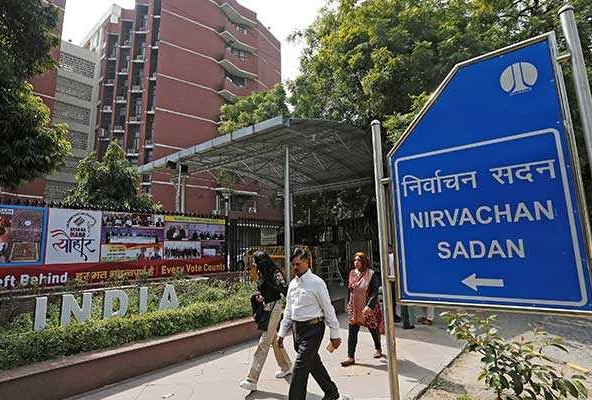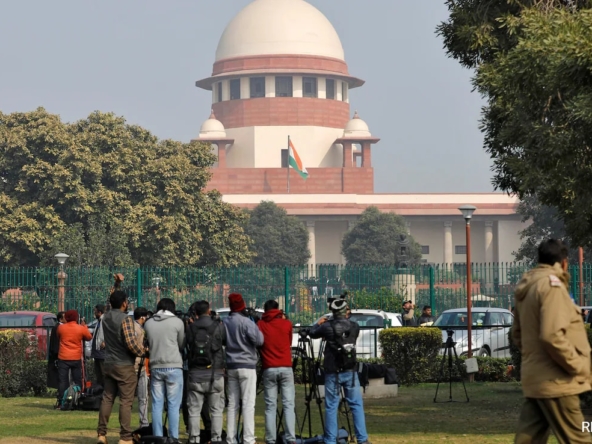
The Bill replaces the Press and Registration of Books (PRB) Act, 1867 (Representational)
New Delhi:
Parliament on Thursday passed a Bill to replace a British-era law governing the publishing industry and simplify the process of registration of periodicals, amid demands by members in the Lok Sabha to also extend the regulation to YouTube channels.
Information and Broadcasting Minister Anurag Thakur said the Press and Registration of Periodicals Bill, 2023, which was passed by voice vote in the Lok Sabha, will make the registration of periodicals a one-step process as against the eight-step process in the archaic law.
The Bill replaces the Press and Registration of Books (PRB) Act, 1867. The Rajya Sabha had passed the Bill on August 3.
“This bill is simple, smart and has a simultaneous process for registration of newspapers and periodicals. Earlier newspapers or magazines had to pass through an eight-step registration process. This can now be done at the click of a button,” Thakur said.
He said newspapers and periodicals will now be able to get registered within two months as against the two-three years required earlier.
“The Bill reflects yet another step of the Modi government towards jettisoning the mentality of slavery and bringing new laws for ‘new India’,” Thakur said.
The minister slammed the previous Congress governments for continuing with the colonial-era law enacted by the British to curb freedom fighters from starting newspapers.
Thakur said the new Bill seeks to decriminalise six provisions of the previous law barring one that pertains to a six-month jail term for publishing newspapers or periodicals without registration with the government.
The minister said in cases of publishing a newspaper without registration the provision of jail term comes into force if the publisher fails to comply with the direction of the Press Registrar to stop publication within six months.
The Bill empowers the Press Registrar General to impose penalties of up to Rs 5 lakh for publishing periodicals without registration and up to Rs 20,000 for first penalty for failing to furnish annual statement within the specified time.
“The priority of the government is to end criminality, improve ease of doing business and ease of living through new laws and accordingly, efforts have been made to substantially decriminalise the colonial-era statute,” Thakur said.
He said the previous Congress-led government had made attempts to amend the PRB Act of 1867 but the legislation proposed was “equally harsh as the colonial-era law” with government permission required even to publish a college newsletter.
Thakur dismissed as baseless the apprehensions voiced by AIMIM member Imtiaz Jaleel about a provision in the Bill that seeks to empower the Press Registrar to enter the premises of a periodical and “inspect or take copies of the relevant records or documents or ask any questions necessary for obtaining any information required to be furnished”.
“The apprehensions of Jaleel sahab are baseless. You can criticise the government as much as you like. No action has been taken, but if you work against national interest then the law will take its own course,” Thakur said.
Earlier, participating in the debate on Bill, BJP member Nishikant Dubey wanted the government to appoint a nodal officer to curb malpractices where in YouTube channel operators seek to indulge in blackmail, or small newspapers crop up during elections to avail of advertisments.
BJP MP Ganesh Singh also wanted the government to put in place a system to regulate social media, which is used to blackmail politicians.
BJD member Bhratruhari Mahtab flagged the issue of increase in cost of newsprint. This is putting a strain on the newspaper industry which was already facing challenges from the audio-visual media and social media, the MP said.
YSRCP member K G Madhav and Shiv Sena member Rahul Shewale wanted the government to take steps to deal with the menace of fakenews.
(Except for the headline, this story has not been edited by NDTV staff and is published from a syndicated feed.)




